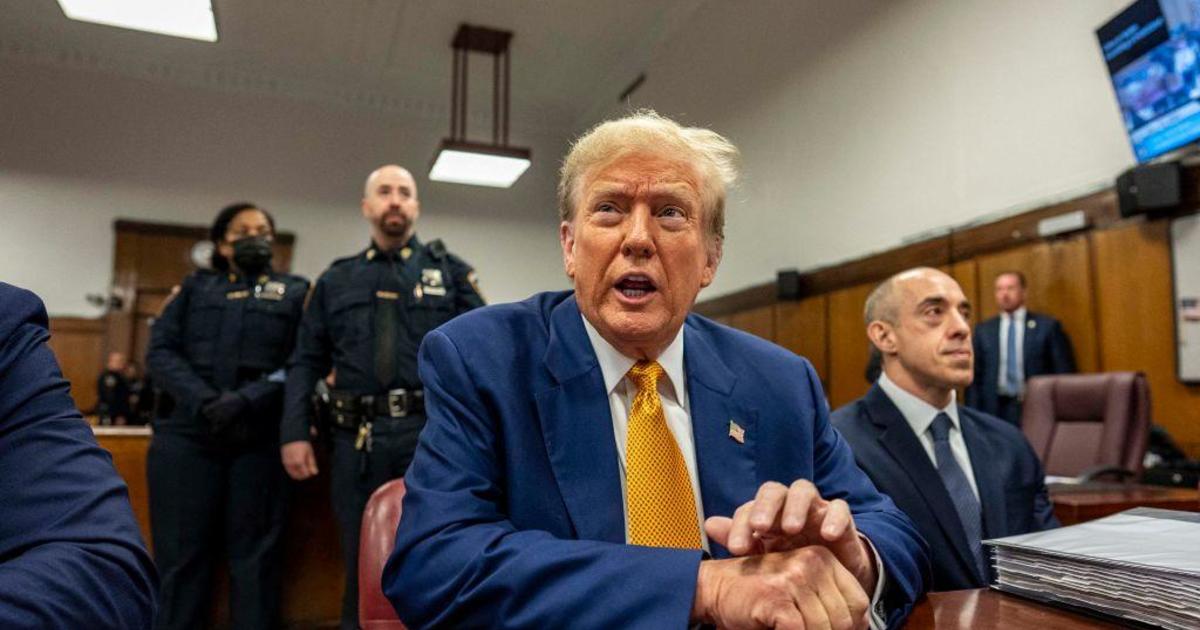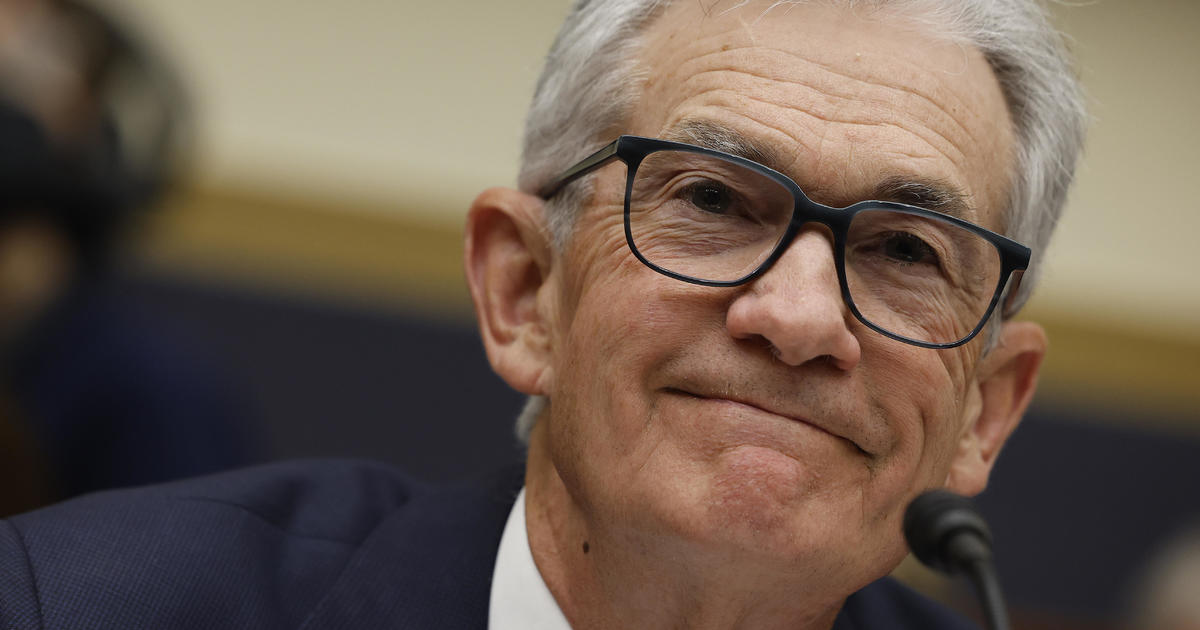Wall Street wins big on arbitration, and consumers are mad
The banking industry and consumer advocates are unlikely to ever see eye-to-eye on mandatory arbitration clauses, but there's now one certainty about them: their demise was greatly exaggerated.
Wall Street scored a major victory when Vice President Pence cast a tie-breaking vote in the Senate on Tuesday night to block new rules that would have allowed Americans to sue their banks. So-called mandatory arbitration clauses force consumers to resolve issues in arbitration and block class action lawsuits. While the banking industry says the practice saves time and money, consumer advocates argue it robs Americans of their day in court.
Consumers expressed outrage on social media, with some citing the Equifax data breach as an example why the practice should be barred. After its massive hack exposed the personal data of 145 million Americans, the credit-reporting bureau offered free credit monitoring for those affected -- but the service required consumers to sign away their right to sue Equifax.
While the credit-reporting service quickly removed the arbitration clause amid consumer outrage, the issue isn't going to vanish from the financial industry. The clauses are ubiquitous in the financial industry, with the Pew Charitable Trusts finding that three-quarters of banks' account contracts include clauses that mandate arbitration.
The Senate vote to block rules that would have banned arbitration clauses was called a "a truly shameful moment in Congress" by Amanda Werner, arbitration campaign manager for Americans for Financial Reform and Public Citizen.
On social media, many consumers criticized the vote, calling it "open season on the consumer" and a move that will only help banks.
In a statement, Werner added, "Rather than pass meaningful legislation to help the the 145 million Americans harmed by the data breach, a slim Republican majority chose to take away our only chance at holding financial giants accountable. Surely, those 145 million voters will remember this betrayal."
Advocates like Werner, who brought attention to the issue earlier this month for dressing up as Rich Uncle Pennybags from Monopoly during the Equifax Senate hearing, say the clauses effectively shield corporations from legal repercussions for their actions.
The issue came to a head because the Consumer Finance Protection Bureau, a federal agency created in the wake of the 2008 financial crisis, had created new rules that would have barred arbitration agreements. The rules, which were four years in the making, hadn't yet gone into effect.
To be sure, the financial industry says the arbitration clauses provide a fast and inexpensive way to to resolve issues. Whether the process is quick may depend on one's point of view, given the typical case requires a year to resolve, according to the Financial Industry Regulatory Authority, a self-regulatory agency. Arbitration cases that go to a hearing take about 16 months.
Cheaper may also be a relative term. One small study of 19 cases found that litigation was actually cheaper, with each arbitration case costing about $63,000 compared with $15,000 for each litigation case. In one case, a consumer named Daniel Dempsey One man's $100,000 journey through arbitration to resolve a dispute with Citibank. While he was ultimately successful, the expense caused him to delay his wedding and added stress to his life.
Reached after the Senate vote, Dempsey said one problem with arbitration is it fails to hold financial institutions accountable, which means banks can continue to rely on practices that may harm other consumers, even if those firms lose in arbitration.
"Forced arbitration leaves the only source of accountability as the government. Government is slow. It is subject to political influence and monied interests," Dempsey said in an email. "We have to be able to go directly to the courts and get harmful and easily proved fraud stopped quickly - not a decade later."
Far and away, consumers disprove of the clauses. Ninety-five percent said they should be able to be heard by a judge or jury, according to a Pew Trusts survey. Only 5 percent said they shouldn't have that right.
Class-action lawsuits are also supported by consumers, with 9 out of 10 saying they want the right to join in a lawsuit against their banks, Pew found. The issue is surprisingly non-partisan, Pew's research indicated. Republicans, Democrats and independents were all in majority agreement on that they should have the right to legal recourse.
The vote was lauded by banking organizations such as the American Bankers Association, which said the CFPB rule would have "enriched trial lawyers."
Before the vote, the Treasury Department issued an analysis in support of arbitration clauses. Treasury, which is headed by former Goldman Sachs banker Steven Mnuchin, said barring the clauses would result in 3,000 additional class action lawsuits over 5 years.
However one views the clauses, the vote represents a notch in President Trump's vow to roll back regulations that he claims hurts the economy.



